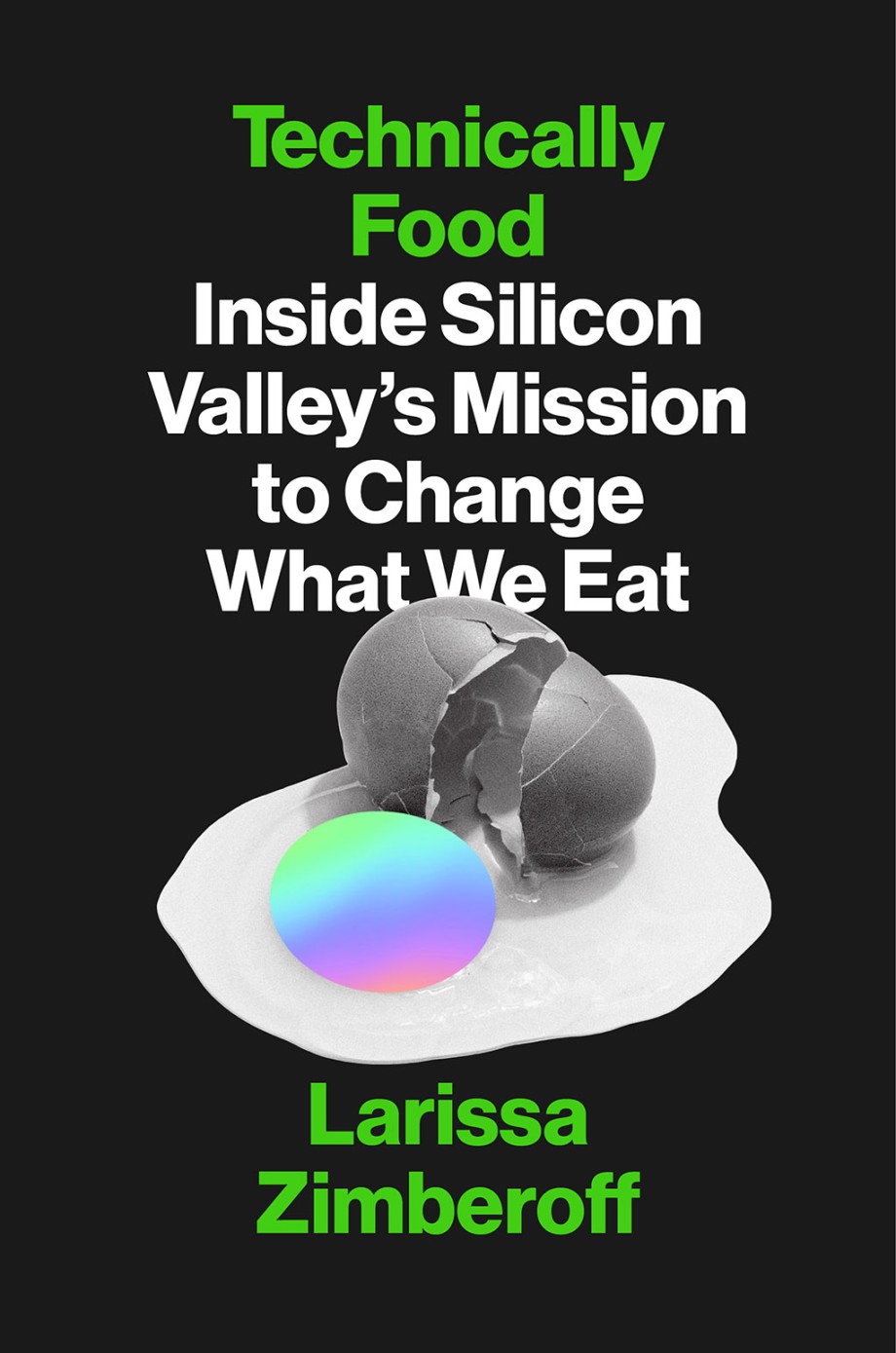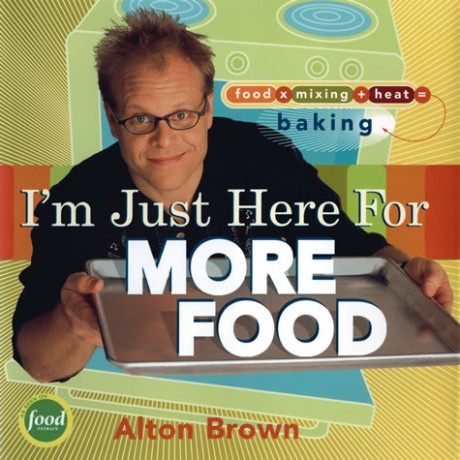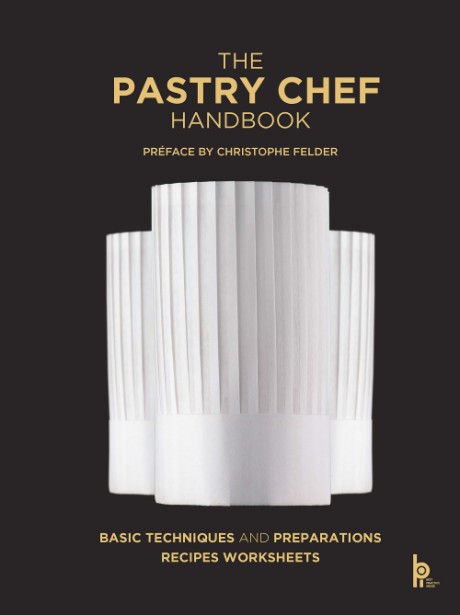“In a feat of razor-sharp journalism, Zimberoff asks all the right questions about Silicon Valley’s hunger for a tech-driven food system. If you, like me, suspect they’re selling the sizzle more than the steak, read Technically Food for the real story.” —Dan Barber, the chef and co-owner of Blue Hill and Blue Hill at Stone Barns
Eating a veggie burger used to mean consuming a mushy, flavorless patty that you would never confuse with a beef burger. But now products from companies like Beyond Meat, Impossible Foods, Eat Just, and others that were once fringe players in the food space are dominating the media, menus in restaurants, and the refrigerated sections of our grocery stores. With the help of scientists working in futuristic labs––making milk without cows and eggs without chickens––start-ups are creating wholly new food categories. Real food is being replaced by high-tech.
Technically Food: Inside Silicon Valley’s Mission to Change What We Eat by investigative reporter Larissa Zimberoff is the first comprehensive survey of the food companies at the forefront of this booming business. Zimberoff pokes holes in the mania behind today’s changing food landscape to uncover the origins of these mysterious foods and demystify them. These sometimes ultraprocessed and secretly produced foods are cheered by consumers and investors because many are plant-based—often vegan—and help address societal issues like climate change, animal rights, and our planet’s dwindling natural resources. But are these products good for our personal health?
Through news-breaking revelations, Technically Food examines the trade-offs of replacing real food with technology-driven approximations. Chapters go into detail about algae, fungi, pea protein, cultured milk and eggs, upcycled foods, plant-based burgers, vertical farms, cultured meat, and marketing methods. In the final chapter Zimberoff talks to industry voices––including Dan Barber, Mark Cuban, Marion Nestle, and Paul Shapiro––to learn where they see food in 20 years.
As our food system leaps ahead to a sterilized lab of the future, we think we know more about our food than we ever did. But because so much is happening so rapidly, we actually know less about the food we are eating. Until now.
Praise
"In a feat of razor-sharp journalism, Zimberoff asks all the right questions about Silicon Valley’s hunger for a tech-driven food system. If you, like me, suspect they’re selling the sizzle more than the steak, read Technically Food for the real story."the chef and co-owner of Blue Hill and Blue Hill at Stone Barns and the author of The Th, Dan Barber
—
“The people Zimberoff writes about in this clear-eyed guide to the cornucopia of new food being engineered with our health in mind are everything big food can’t be: inventive, risk-taking, infectiously impassioned. Careful, she warns; there’s plenty of hype being dished. But wow, I can’t wait to eat some beer.”author of Salt Sugar Fat and Hooked, Michael Moss
—
“Larissa Zimberoff takes Silicon Valley’s hottest ingredients and makes them resonate through a combination of excellent storytelling and reporting. From pea protein, the ‘Disneyland of Natural Foods,’ to the billion-dollar veggie burger industry, Zimberoff makes Technically Food a wonderland of intelligence.”food editor, Bloomberg News, Kate Krader
—
“As a nutritionist and meat eater, it’s clear to me that we need greater consumer transparency to understand whether or not new foods are better for our health. Technically Food is a must read because it answers the essential question that skeptical consumers are asking: ‘What might we lose by embracing a future of lab-made food?’”@CollegeNutritionist, Rachel Paul, PhD, RD
—
“If you want to know what we’ll be eating twenty years from now, read this book.”clinical professor of medicine, University of California, San Francisco, and author of UnDo It!, Dr. Dean Ornish
—
“Zimberoff excels at making complex issues accessible, and she leavens her survey with dashes of dry humor. Anyone curious about the future of food should give this a look.”Publishers Weekly
—
“An engaging, thorough examination of the transformation of the food industry as it relates to sustainability and creating alternatives to the slaughterhouse. Highly recommended.”Library Journal
—
“the reporting behind this book is masterful”Science Magazine
—











